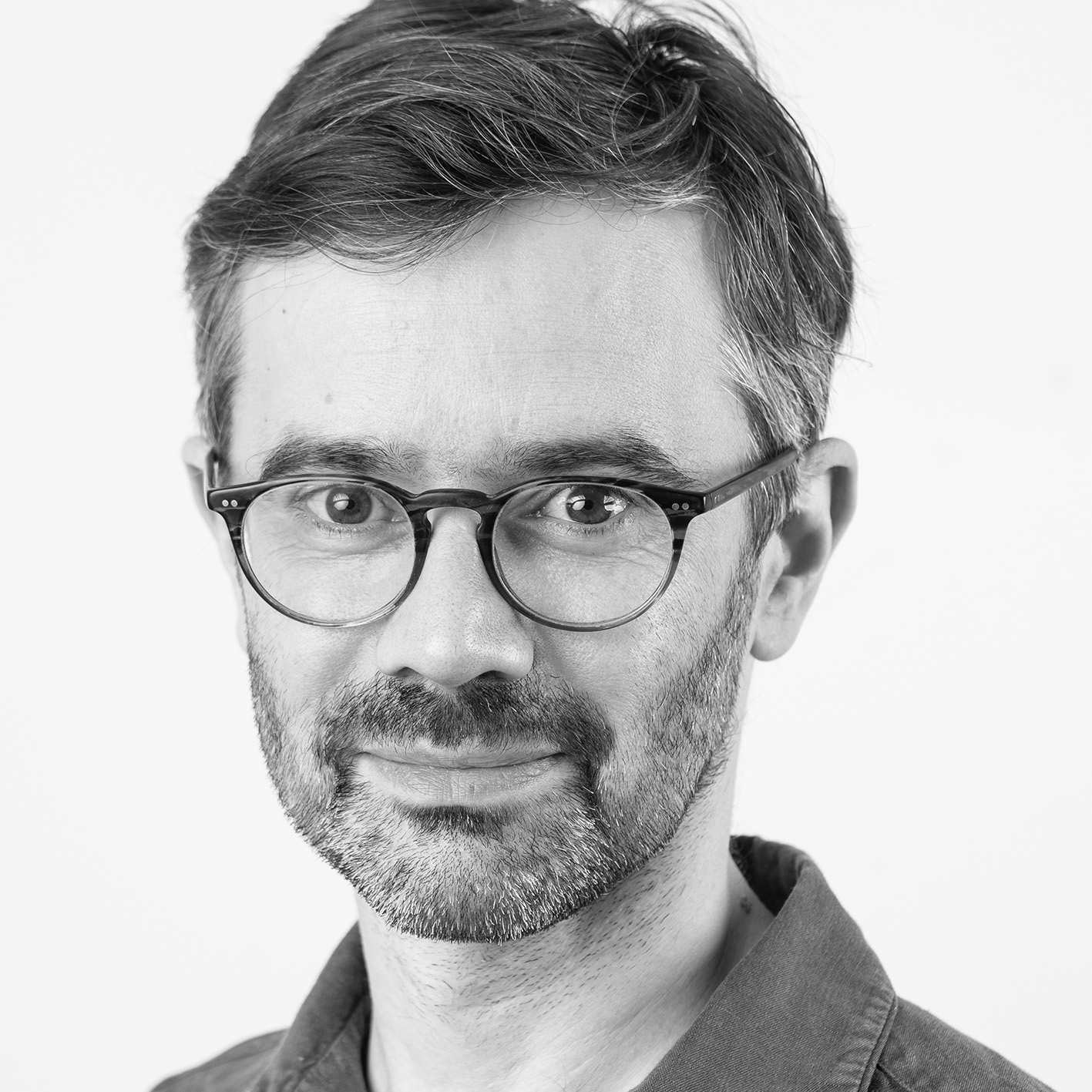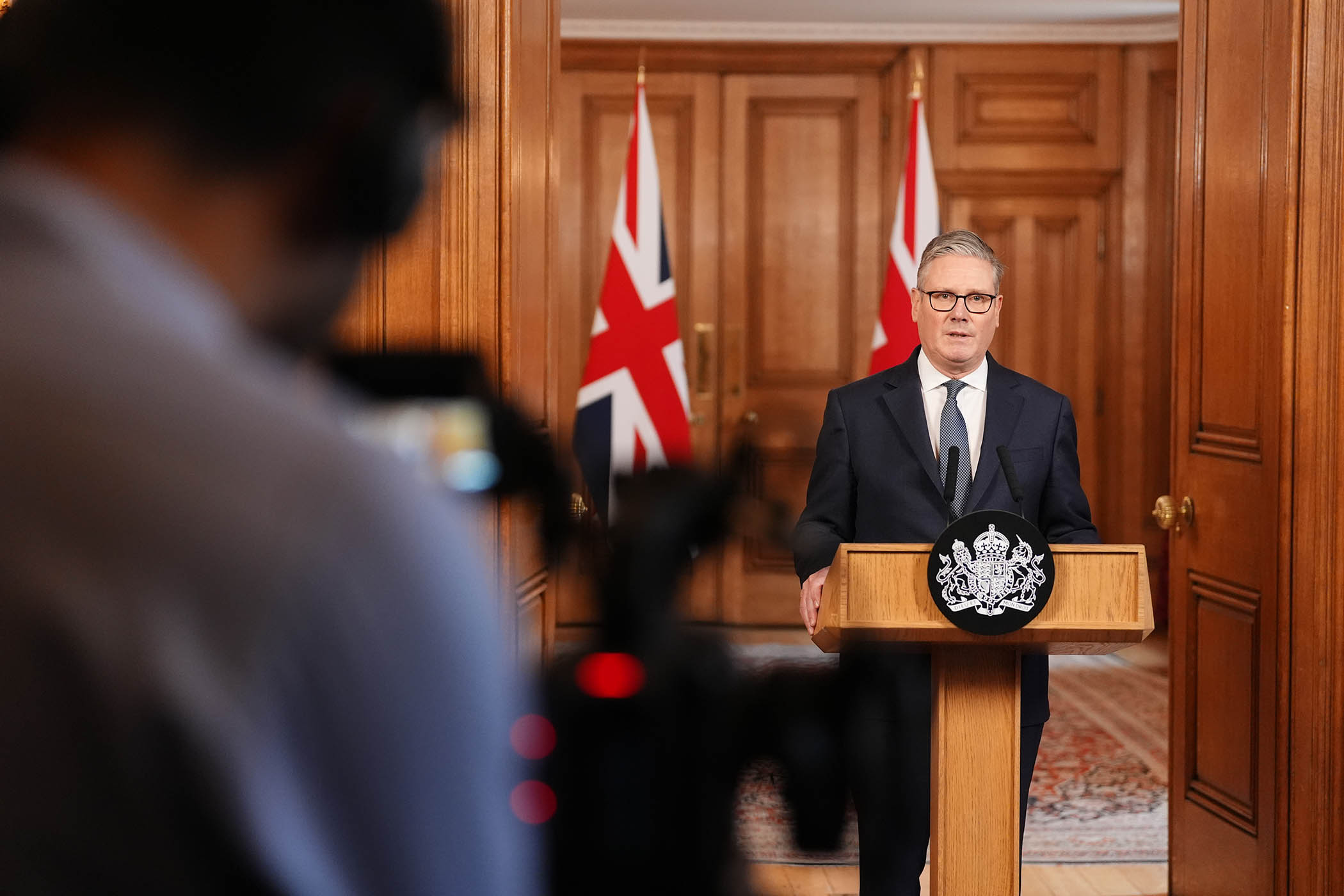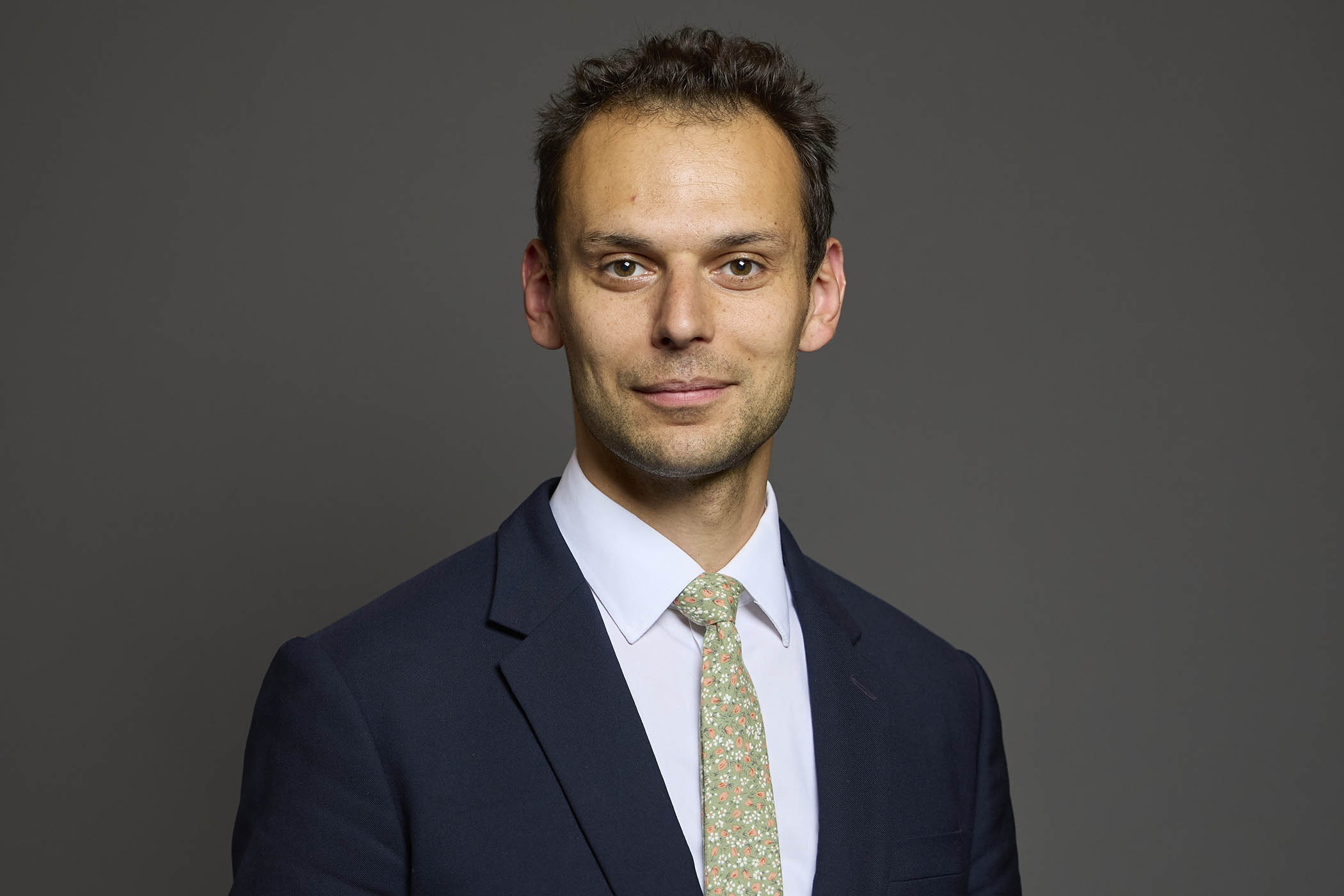Keir Starmer probably doesn’t think he has much to thank Elon Musk for – this was, after all, the man who accused him of being “complicit in the RAPE OF BRITAIN”. But Musk’s destruction of USAID, which a recent Lancet study suggested could lead to the deaths of 14 million people within five years, has utterly overshadowed the prime minister’s decision to drastically cut his own international aid budget.
The numbers are stark. In 2024 the UK spent £14bn on development assistance, but next year that will fall by 40%. The impact is already becoming clear. Earlier this month, the UK boasted it would give £1.25bn to the global alliance on vaccines over the next five years. What went unsaid in the congratulatory press release was that a Labour government was spending £400m less on vaccines for the world’s poorest children than the last Tory government.
“It’s one of the most effective ways of saving children’s lives,” said Jamie Drummond, co-founder of the ONE campaign. That extra £400m, he estimated, could have saved 365,000 children’s lives. “It’s a dramatic and horrific cut.”
Support for some of the world’s poorest countries will also shrink. The UK spent £346m on education and £764m on health in 2023, and experts believe both those budgets could be halved. Money to build roads and bridges, to support democracy, to encourage open societies – all of it will be slashed dramatically.
Where the US and UK lead, others are following. Germany and Canada have cut a quarter of their own development budgets, while France is cutting a fifth. Forty years on from Live Aid and 20 years after the Gleneagles summit, the era of western support for developing countries is coming to an end.
There is an argument that aid makes no difference. That it pays for western consultants to swan around poor countries in 4x4s, that it pours millions into the coffers of corrupt leaders, that it’s a form of paternalism that holds back countries from growing their own economies. But this is to misunderstand the purpose of most aid. It is intended as a much-needed sticking plaster, not a cure imposed from outside. The principle is simple: lots of people are dying, or falling ill, or not getting an education, or don’t have enough food, or don’t have clean water – and we can help.
“We can be absolutely sure it has made a massive difference to people’s lives,” said Ian Mitchell at the Center for Global Development. “There is a risk of corruption or lost funding but you get that in every society and it’s a small problem in the aid budget.”
Part of the problem, he concedes, is the way aid agencies talk about the state of the world. “The juggernaut of fundraising paints a picture of suffering and that contributes to the idea that aid spending has made no difference and it’s hopeless.” He suggests picking a few achievable targets – ending maternal deaths in one region of the world, for instance – would show the impact aid can have.
It’s often said that Britain’s aid spending is unpopular with voters and that cutting it, therefore, is smart politics. But a tracker by the Development Engagement Lab shows that 45% of Britons believe “we should keep or increase the current aid budget in the UK”. And while most voters, when asked, don’t put it in their top 10 list of issues, it matters most to Labour supporters, as well as those who have peeled off to left-of-centre rivals. “They’re not going to win the Reform voters,” said Drummond. “They’re going to lose us.”
There is still time for Starmer to change his mind – something he’s proven willing to do in recent weeks. The UK will host both the G7 and G20 in the coming years, an opportunity for a progressive, internationalist government to show some leadership.
Newsletters
Choose the newsletters you want to receive
View more
For information about how The Observer protects your data, read our Privacy Policy
Drummond rattles off a range of measures from taxes on private plane use to the revaluation of gold held by the International Monetary Fund that could fund development and help plug the gaps. Aid is not the only challenge in the developing world –debt is, once again, stalking poorer nations and preventing them from investing enough in public services. The UK could lead on debt restructuring and introduce measures in the City of London to crack down on vulture funds.
The biggest reason for hope, at the risk of sounding utterly naive, is people’s humanity. When disaster strikes, we want to help – be that accepting refugees from Ukraine or donating to hospitals in Gaza. “That’s what an effective humanitarian system is for,” says Drummond. “You don’t want to damage that. Unless you are literally inhumane.”
Photograph by Steve Rapport/Getty



